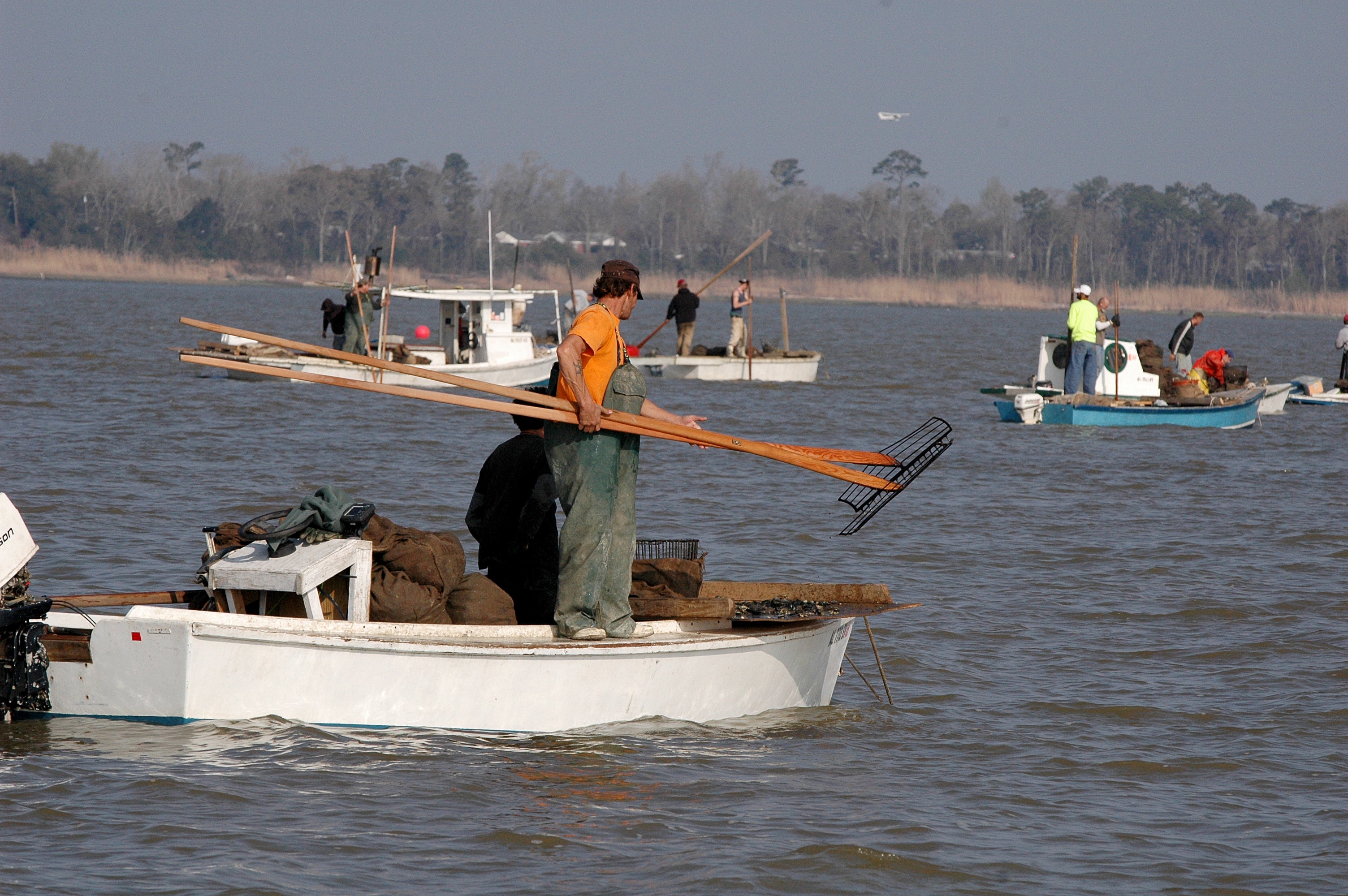By DAVID RAINER, Alabama Department of Conservation and Natural Resources
With the conflict among deer hunting factions at an all-time low, Alabama Department of Conservation and Natural Resources (ADCNR) Commissioner Chris Blankenship used last weekend’s Conservation Advisory Board meeting in Huntsville to update the Board on the numerous projects in the state under ADCNR oversight.
A milestone was surpassed this year when projects funded through the Deepwater Horizon oil spill settlement exceeded $1 billion, Commissioner Blankenship said. ADCNR’s Deepwater Horizon Restoration Coordinator, Amy Hunter, and her staff oversee the projects funded by the settlement.
“The big takeaway is we have $1 billion, $29 million in projects underway in Mobile and Baldwin counties that we are managing through our Deepwater Horizon Section,” Commissioner Blankenship said. “That is 176 individual projects. That’s a lot of money and a lot of work going on. We have six people in that section, and they’re doing a very good job of managing projects that will make generational changes on the Gulf Coast.
“We never want to go through another Deepwater Horizon event, where 11 lives were lost. It was a terrible, terrible event for our coast. However, we’re trying to do good work with the money that came from that settlement.”
Among those projects are ones to replenish and protect Alabama’s living coastal and marine resources.
“That includes restoration of oysters and oyster reefs,” Commissioner Blankenship said. “We’re building about $30 million in artificial reefs. We’re increasing funding for research for stranding response for marine mammals and sea turtles, conservation of bird nesting and foraging habitat as well as construction of a wildlife rehabilitation center and sea turtle triage facility in Orange Beach.”
Another goal of the funding is to support and enhance community resilience during environmental or economic crises. The $65 million in projects includes the construction of the Auburn University Gulf Coast Engineering and Research Center in Orange Beach to improve engineering in the coastal environment. Also, a new Alabama Department of Environmental Management (ADEM) office is under construction on the coast. The Alabama Seafood Commission is funded as well as Fairhope’s Working Waterfront and Green Space initiative.
“Resilience is important for all of our state but particularly our coastal areas,” Commissioner Blankenship said. “We’re working to make us more resilient during storms or drought or economic downturns, things that make our communities stronger when we have negative impacts in our state.
“As an aside, Governor (Kay) Ivey, by executive order, created a resilience council just a few weeks ago, and the Commissioner of the Department of Conservation is one of the members.”
Funding will also be used to provide and enhance economic development and infrastructure. The 11 projects, totaling $197.5 million, include the construction of Africatown Welcome Center, which will house a portion of the Clotilda. The Clotilda, discovered in the Mobile-Tensaw Delta, was the last slave ship to transport slaves from Africa to the United States. In another key project, the Port of Mobile has constructed a roll-on, roll-off facility that will facilitate the export of cars and trucks that are built in Alabama. Road improvements in Baldwin County are also included in this funding.
About $401 million is being used to restore, conserve and enhance habitat in coastal Alabama.
“This is primarily land acquisition,” Commissioner Blankenship said. “So far, we have acquired more than 13,000 acres of land in coastal Alabama to protect and provide recreational access. That includes the west end of Dauphin Island, Grand Bay Savanna, Pilot Town on Fort Morgan, Gulf Highlands property on Fort Morgan, which is one of the last undeveloped areas of the beach that was not part of Fort Morgan or the Bon Secour National Wildlife Refuge. It also includes multiple parcels in Weeks Bay, parcels at Dauphin Island, Oyster Bay, and we have purchased three parcels in the Three Rivers area that we have transferred to the Bon Secour National Wildlife Refuge.”
Land acquisition also includes tracts along the Perdido River watershed to provide a wildlife corridor from the Perdido River Wildlife Management Area to the Lillian Swamp Forever Wild property.
“We have been working for the past six years to connect those wildlife management areas,” Commissioner Blankenship said. “It will be a distinct wildlife corridor with about 50 miles of river frontage.
“When that work is done, we will have well over 30,000 acres along the Perdido River for public access, hunting, hiking, canoe trails and river frontage from near the headwaters all the way to Perdido Bay in public ownership. We have used more than eight different funding sources to acquire this property. This shows how working together with our divisions and the Deepwater Horizon Section has been really successful at putting all this together for the people of Alabama for perpetuity.”








